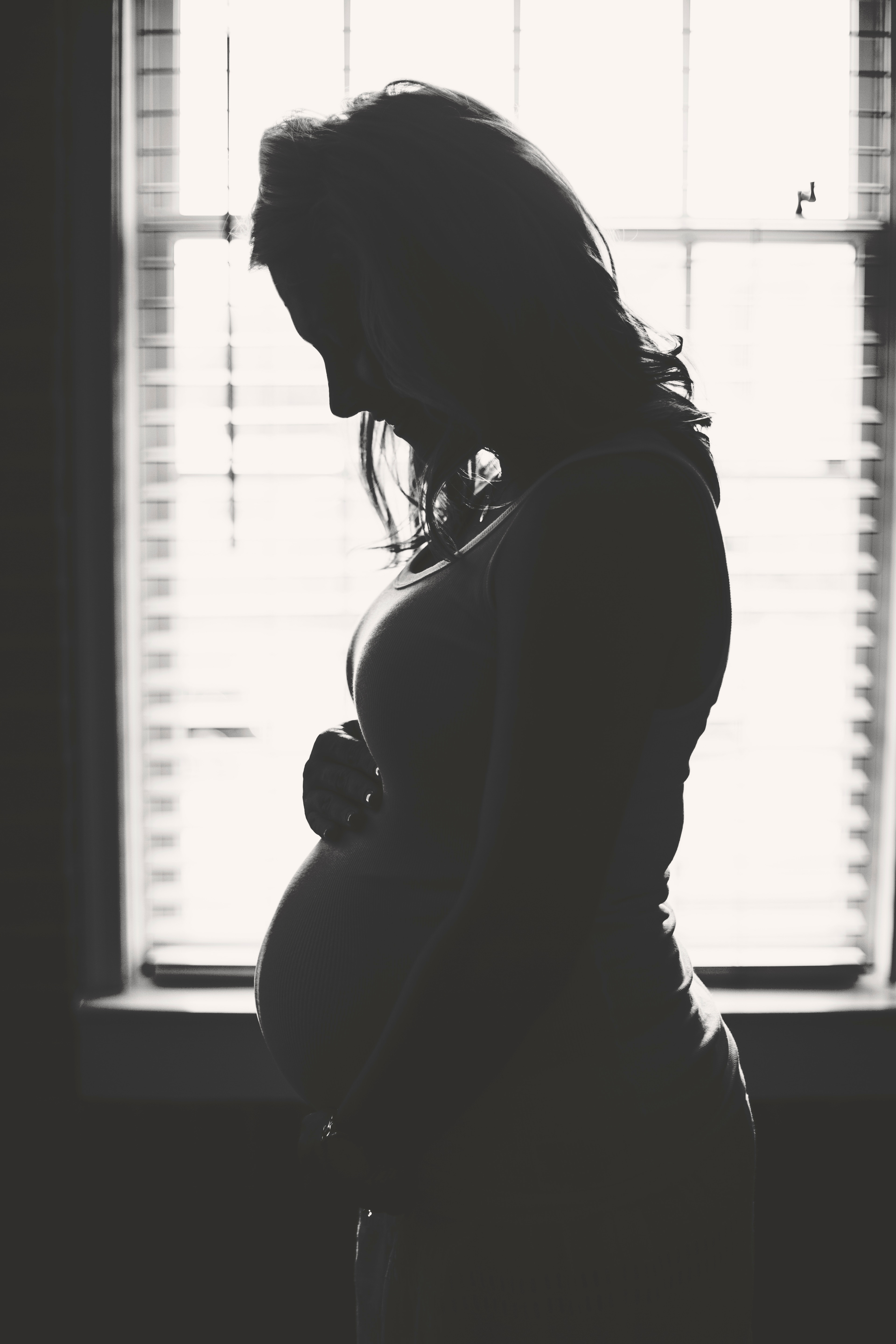It’s not a secret: pregnancy can be exhausting. So why can’t you fall asleep?
Many people have difficulty falling asleep during pregnancy. However, this difficulty isn’t always caused by the same thing. When you understand the reason you have trouble sleeping, you can change your routine to help.
Insomnia
Traditional insomnia is often caused by stress or anxiety related to your pregnancy. Other causes include back pain, heartburn, frequent trips to the bathroom, and hormonal changes.
You can help manage your insomnia in a number of ways such as:
- Trying out new sleeping positions.
- Adding a warm bath or a soothing massage into your night-time routine.
- Making sure the temperature of your room is comfortable for you to fall asleep and stay asleep throughout the night.
- Practicing meditation or other relaxation techniques. If you aren’t sure how to start, consult our doulas or take a childbirth class.
- Exercising routinely and keeping as active as possible throughout the day. Be sure to consult your midwife if you aren’t used to regular exercise.
- Trying to avoid long naps during the day. While we want you to get rest when you can, sleeping for long periods of the day will interfere with your sleep cycle at night.
- Drinking your daily eight glasses of water but starting to taper off the amount well before bedtime.
- Fighting over-night food cravings with a healthy snack before bed. We recommend something that includes a healthy protein and a complex carb.
- Trying intercourse if you and your partner are in the mood. It can help relax you and improve your circulation.
Restless Leg Syndrome
When your legs twitch and you can’t stop kicking, you are most likely experiencing a common pregnancy side effect called restless leg syndrome (RLS). Though you can get relief by moving your legs, the cramping, itching, and aching returns just moments later.
RLS has been linked to iron, magnesium, or Vitamin D deficiencies. Ask your healthcare provider about getting your levels tested. If they advise, take the appropriate supplement, as directed.
Other ways to help RLS include regular exercise, meditation or yoga, or other relaxation techniques. It’s also wise to avoid caffeine.
If you can’t find a method that works for you, apply hot or cold packs to your legs to alleviate the symptoms.
Sleep Apnea and Snoring
Weight gain during pregnancy is absolutely necessary, but some people may gain weight that complicates their pregnancy. One such complication is sleep apnea. Sleep apnea is associated with high blood pressure and gestational diabetes. If you experience periods where you briefly stop breathing while you sleep, call your midwife or doctor. You may need to be evaluated.
To help with snoring, try nasal strips or propping your head up with pillows.
Our best word of advice is that if sleep doesn’t seem to come, try not to worry or get frustrated. The increased anxiety will make sleep even harder to grasp. Continue trying different methods of relaxation and sleep aids to find what works for you.
If you think you have a serious sleep issue or disorder, consult your health care provider.
